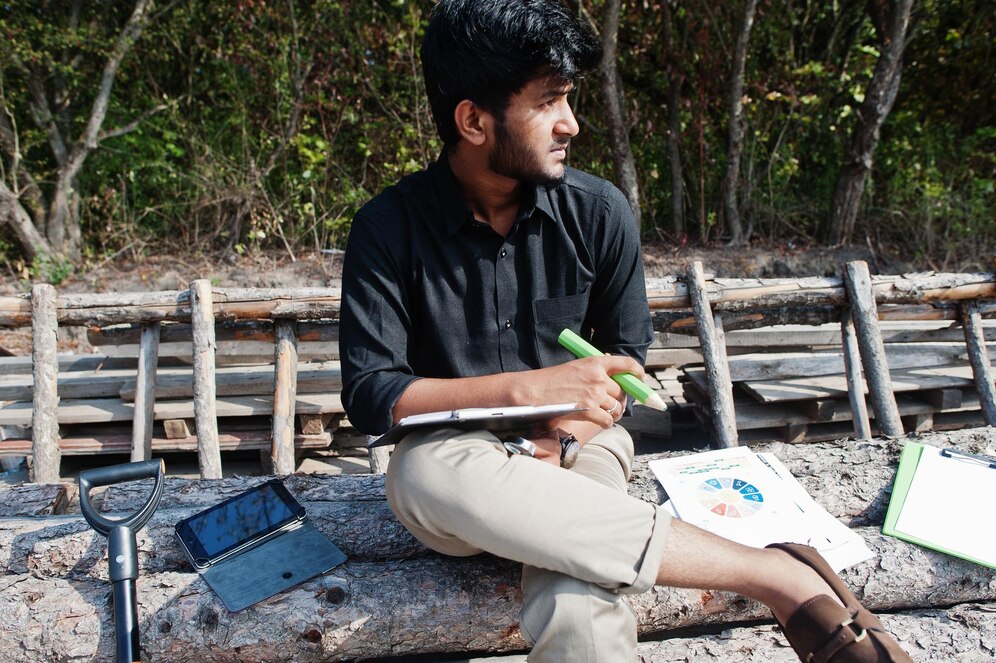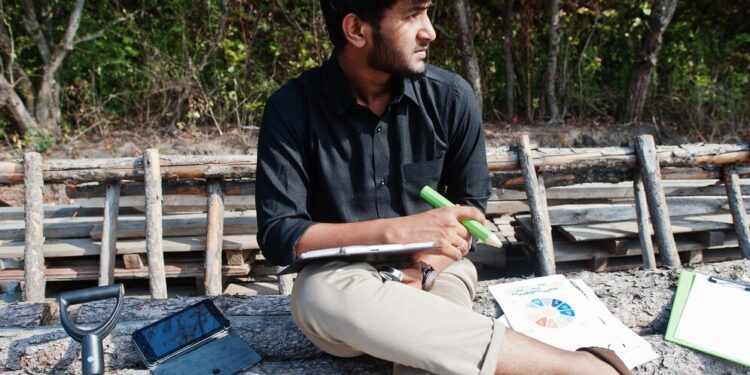For many Indian students, studying abroad is a dream come true—a chance to access world-class education, gain international exposure, and broaden their horizons. However, this transformative experience often comes with its share of challenges, with loneliness being one of the most common emotional hurdles. Far from the comfort of family, friends, and familiar surroundings, students may feel isolated as they adjust to a new culture, language, and academic environment.
This article explores practical strategies for Indian students to overcome loneliness and thrive emotionally while studying abroad.
Understanding the Roots of Loneliness
Cultural Adjustment
Adapting to a new culture can be both exciting and overwhelming. From different social norms and communication styles to unfamiliar food and weather, Indian students often find themselves navigating a steep learning curve. This cultural adjustment can lead to feelings of alienation, especially when students struggle to find common ground with their peers.
Academic Pressure
Many Indian students pursue challenging programs in fields like engineering, medicine, and management. The pressure to excel academically, often compounded by high expectations from family back home, can leave little room for socializing or self-care.
Homesickness
Living away from family and friends can be emotionally taxing, particularly during festivals or significant life events. The absence of loved ones and the comfort of home-cooked meals can intensify feelings of loneliness.
Limited Social Networks
Building new friendships in a foreign country can be daunting, especially for introverted students or those who face language barriers. Without a support network, students may feel isolated and disconnected.

Strategies to Thrive Emotionally
1. Building a Support System
The first step to combating loneliness is creating a reliable support system. This could include:
- Connecting with Fellow Students: Joining university clubs, student organizations, or cultural groups can help students meet like-minded peers and form meaningful friendships.
- Seeking Out Indian Communities: Most countries have active Indian diaspora communities that organize events, celebrations, and networking opportunities. Participating in these activities can provide a sense of belonging and a taste of home.
- Making Use of Mentorship Programs: Many universities have mentorship or buddy programs where senior students guide newcomers, offering advice and companionship.
2. Embracing Cultural Exchange
Engaging with local culture can be an enriching experience that helps students feel more integrated into their new environment.
- Learning the Local Language: Even basic proficiency in the host country’s language can go a long way in breaking barriers and building connections.
- Participating in Cultural Events: Attending local festivals, workshops, or community events can help students understand and appreciate the host culture, fostering a sense of belonging.
3. Maintaining Connections Back Home
Staying connected with family and friends in India is crucial for emotional well-being.
- Scheduling Regular Calls: Set aside time for video or voice calls with loved ones to share updates and seek support.
- Sharing Experiences: Sharing photos, stories, and achievements can help students feel more connected to their roots.
- Celebrating Indian Festivals Virtually: If in-person celebrations are not possible, organizing virtual get-togethers can keep traditions alive and strengthen bonds.
4. Prioritizing Mental Health
Seeking professional help when needed is a sign of strength, not weakness.
- Accessing University Counseling Services: Most universities offer free or low-cost mental health support for students. Taking advantage of these resources can help manage stress, anxiety, and loneliness.
- Practicing Mindfulness and Meditation: Techniques like deep breathing, yoga, and meditation can promote emotional resilience and mental clarity.
- Using Mental Health Apps: Apps like Headspace and Calm provide guided meditations and relaxation exercises, making them useful tools for self-care.
5. Balancing Academics and Personal Life
While academic success is important, it should not come at the expense of emotional well-being.
- Time Management: Allocating time for hobbies, exercise, and relaxation can prevent burnout and improve overall well-being.
- Pursuing Passions: Engaging in activities like painting, cooking, or playing music can provide a sense of fulfillment and joy.
- Setting Realistic Goals: Breaking tasks into smaller, achievable steps can help reduce stress and build confidence.
6. Exploring Opportunities for Growth
Viewing the study-abroad experience as an opportunity for personal and professional growth can shift the focus from loneliness to empowerment.
- Networking: Building professional connections through internships, conferences, or LinkedIn can open doors to exciting opportunities.
- Traveling and Exploring: Exploring the host country’s landmarks, cuisine, and culture can be a great way to create positive memories.
- Volunteering: Giving back to the community through volunteering can provide a sense of purpose and fulfillment.

Success Stories: Finding Belonging Abroad
Many Indian students have successfully navigated the challenges of studying abroad and emerged stronger.
- Rohan’s Journey in the U.S.: Initially overwhelmed by cultural differences, Rohan joined his university’s Indian Student Association, where he found friends who shared his experiences. Today, he credits the group for helping him adapt and thrive.
- Ananya’s Australian Adventure: Ananya used her love for cooking to bond with her housemates in Melbourne. Sharing Indian recipes not only helped her combat homesickness but also introduced her peers to Indian culture.
These stories highlight the importance of proactive efforts in overcoming loneliness and building meaningful connections.
The Role of Universities and Communities
Educational institutions and local communities play a vital role in supporting international students.
- Orientation Programs: Universities can organize comprehensive orientation programs to help students adjust to their new environment.
- Cultural Sensitivity Training: Offering cultural sensitivity workshops for both students and staff can promote inclusivity and understanding.
- Community Support: Local communities can create platforms where international students feel welcome and valued.
Navigating loneliness is a common but surmountable challenge for Indian students studying abroad. By building a support system, embracing cultural exchange, and prioritizing mental health, students can transform their experience into one of growth, resilience, and joy.
Ultimately, the journey of studying abroad is not just about academics—it is an opportunity to evolve as a global citizen, forging lifelong connections and unforgettable memories along the way. With the right mindset and resources, Indian students can truly thrive, turning moments of loneliness into stepping stones for personal and professional success.











